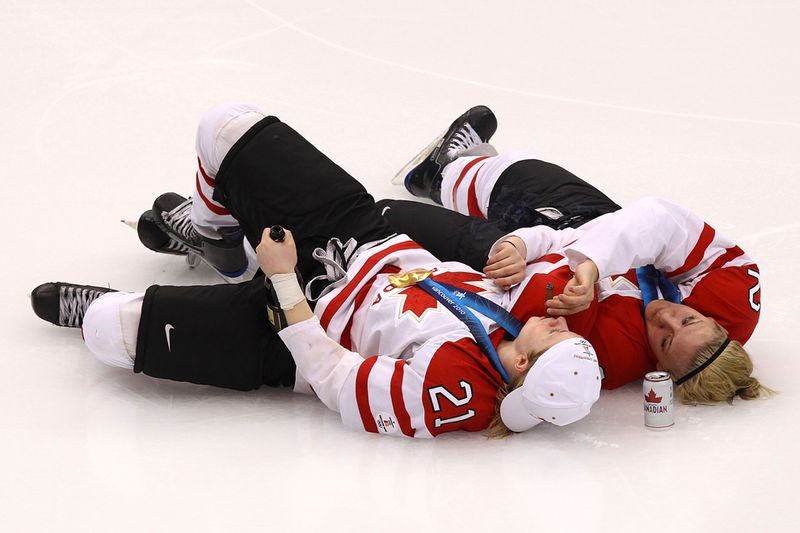|
|
XXI Olympic Winter Games 2010, Vancouver, Canada
|
The 1976 Winter Games had been awarded to Denver, United States, but in 1972 the city's voters passed a referendum declining to be hosts. Innsbruck, which had maintained the infrastructure from the 1964 Games, was chosen to replace Denver. Two Olympic flames were lit because it was the second time the Austrian town had hosted the Games. The 1976 Games featured the first combination bobsleigh and luge track, in neighbouring Igls. The Soviet Union won its fourth consecutive ice hockey gold medal.
In 1980 the Olympics returned to Lake Placid who had hosted the 1932 Games. The first boycott of a Winter Olympics occurred during the 1980 Games when Taiwan refused to participate after an edict by the IOC mandated that they change their name and national anthem. The IOC was attempting to accommodate China, who wished to compete using the same name and anthem that had been used by Taiwan. American speed-skater Eric Heiden set either an Olympic or world record in each of the five events he competed in. Hanni Wenzel won both the slalom and giant slalom and her country, Liechtenstein, became the smallest nation to produce an Olympic gold medallist. In the "Miracle on Ice" the American hockey team beat the favoured Soviets and went on to win the gold medal.
• 1984 to 1998
Sapporo, Japan and Gothenburg, Sweden, were front-runners to host the 1984 Winter Olympics. It was therefore a surprise when Sarajevo, Yugoslavia, was selected as host. The Games were well-organised and displayed no indication of the war that would soon engulf the country. A total of 49 nations and 1,272 athletes participated in 39 events. Host nation Yugoslavia won its first Olympic medal when alpine skier Jure Franko won a silver in the giant slalom. Another sporting highlight was the free dance performance of British ice dancers Jayne Torvill and Christopher Dean. Their performance to Ravel's Boléro earned the pair the gold medal after achieving unanimous perfect scores for artistic impression.
|
|









